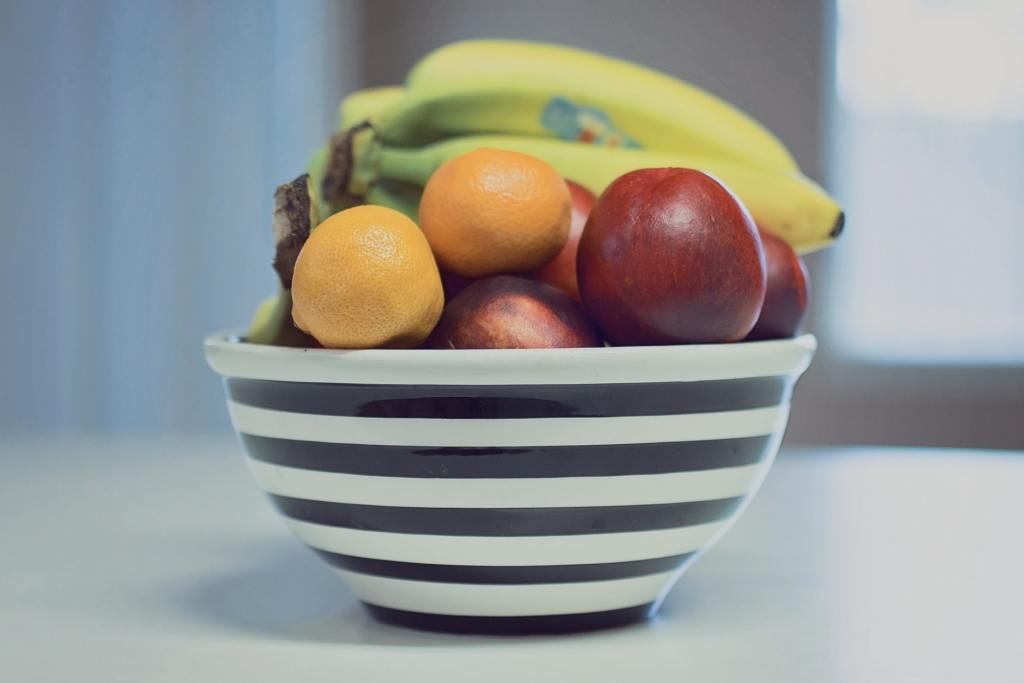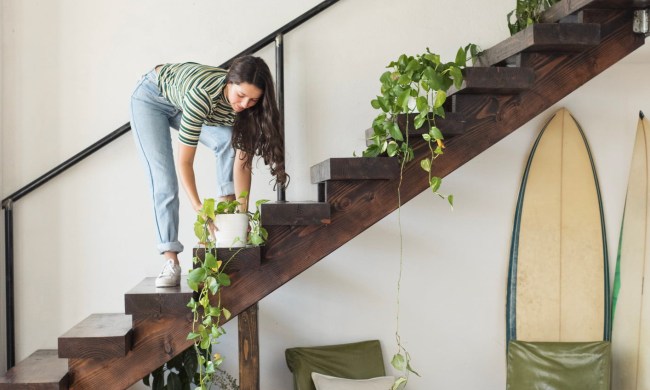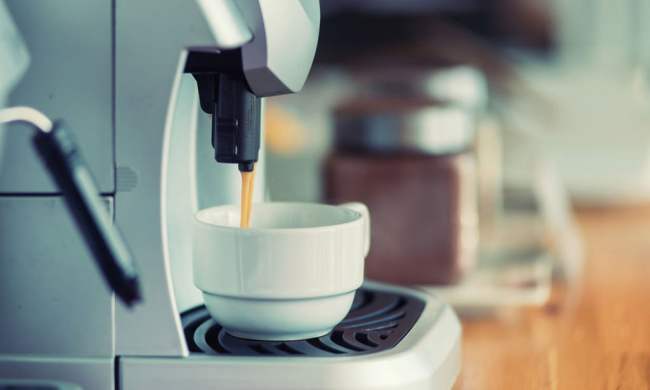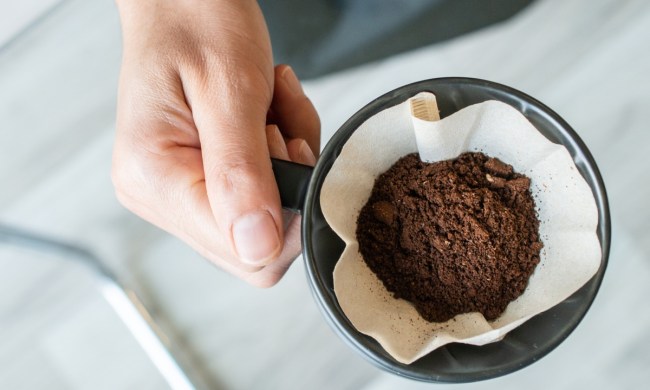
While apples are a signature fall food, they are also among the most popular fruits all year long. They’re nutritious, long-lasting, and typically pretty cheap compared to other fresh produce. As delicious as they are, apples can, unfortunately, harm any produce they’re stored next to. To keep all your fruits and veggies as fresh as possible, you need to know how to store apples and which fruits and veggies to keep far away from them.

Why do apples ruin other fruits and veggies?
As apples ripen, they release a hydrocarbon gas called ethylene. The riper the apple becomes, the more gas it produces. Unfortunately, ethylene can harm produce, speeding up the ripening process of the fruits and veggies it comes into contact with.
This means your apples will cause your pears, bananas, onions, and avocados to become overly ripe quicker than you’d ever expect. You could check your under-ripe avocados in the evening just to find them mushy and unusable by the next morning when you’re ready to make your favorite avocado toast. If you don’t want to see unexpected waste when it comes to your fresh produce, consider storing your apples separately.

How to store apples properly
Apples keep for quite a long time, even if they’re just sitting out on the counter. Further, if they’re not washed right away, it will be quite a while before you start to see signs of overripening or rotting on your fresh apples. To lengthen the life of your apples even further, it’s necessary to store them in a cool location with low light.
- On the counter, apples typically stay fresh for about a week.
- In a dark, covered place, apples can keep for two to three weeks.
- In the refrigerator, apples are good for up to six weeks.
How to store apples at room temperature
To prevent them from ripening your other produce, store apples in a separate bowl, shelf, or container so that they aren’t touching other produce. Be sure to keep them away from bright light as well, storing them in a cupboard or bread box. To keep them crisp for longer, wrap apples individually in newspaper, since they can also have a ripening effect on each other. The paper acts as a barrier so that if one apple starts to rot, it will have less of an effect on the others.
How to store apples in the refrigerator
In the refrigerator, your apples will be happiest alone in the vegetable crisper. This keeps the ethylene gas away from your other produce, ensuring the apples and your other fruits and veggies stay fresh for longer. Other than a refrigerator, you can also store apples in other cool places like a fruit cellar, a cool basement, or even in the shed or garage if the outdoor temperatures are mild.
Do apples last longer in the fridge or on the counter?
Apples generally last longer when stored in the fridge rather than on the counter. Refrigeration slows down the ripening process and helps maintain the freshness of apples by preserving their moisture content. When stored on the counter, apples tend to ripen more quickly due to exposure to room temperature and air.
However, it’s important to note that some varieties of apples, such as Granny Smith, can be stored at room temperature for a few days without significant loss of quality. Nevertheless, for extended freshness and longevity, storing apples in the refrigerator in an appropriate storage container is the preferred method.

Produce to keep away from apples
Certain types of produce are especially sensitive to the ethylene gas that apples emit, and they’ll quickly go bad if they’re stored next to this fruit. Some produce to keep far from apples include:
- Avocados
- Lemons
- Grapes
- Onions
- Broccoli
- Asparagus
- Carrots
- Celery

How to use apples to ripen other produce
The good news about ethylene gas is that you can harness it for your benefit. Avocados, pears, and stone fruits are notorious for taking forever to ripen. If you’ve purchased underripe fruit and you want to eat it soon, store it next to your apples to speed up the process.
Just be sure to check the ripeness periodically throughout the day since, depending on the ripeness of your apples, it may only take a few hours to fully ripen your fruit. Overly ripe fruit not only tastes sub-par and could be unusable, it can also attract nasty fruit flies and other pests.

Other produce that gives off ethylene gas
Apples aren’t the only ones that give off ethylene gas. Other fruits can also have ripening effects, and therefore, should be stored in the same way as apples when possible. These fruits include:
- Bananas
- Pears
- Kiwi
- Mango
- Plums
- Peaches
- Apricots
- Melon
- Onions
If you’ve ever made plans to use those slow-ripening avocados for dinner only to find mushy, bruised balls that night, you certainly know what produce disappointment feels like. Fresh produce isn’t always cheap, so when it goes bad faster than you expected, it can be a burden on your grocery costs and throw a wrench in your meal plans. Storing your produce properly can go a long way in lengthening its life and saving you valuable time and money.



